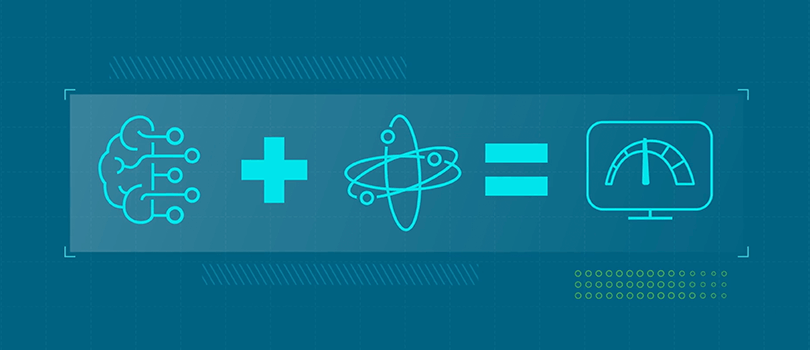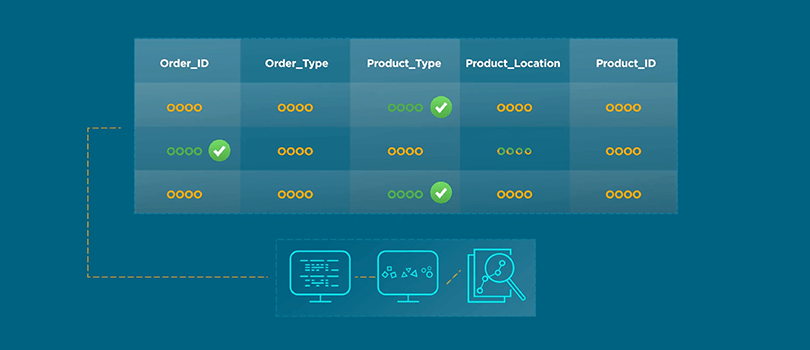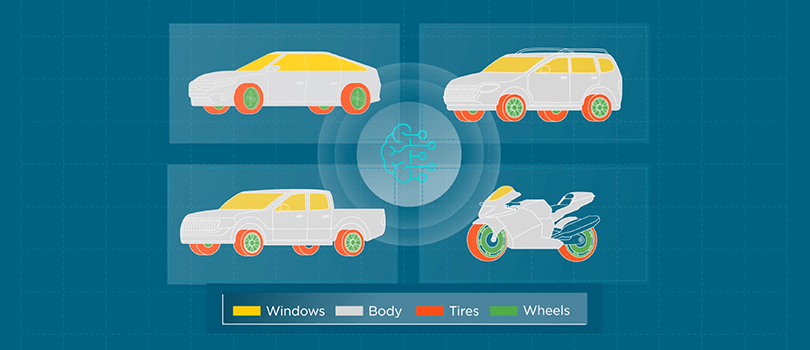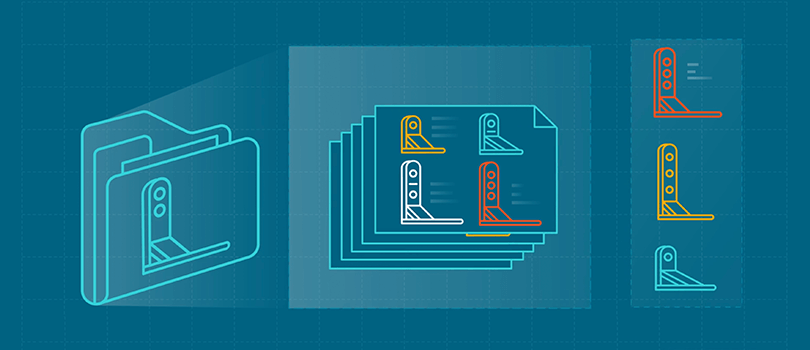
Machine Learning Explained
When applied to engineering, Machine Learning can be a powerful tool to aid in a range of applications, from faster finite-element (FE) model building to optimizing manufacturing processes and obtaining more accurate results from physics-based simulations. Although incorporating this collection of technology is relatively new in the field of engineering, Altair has made leaps forward in this allowing product designers and engineers alike to achieve their goals.
AI, Machine Learning and Product Design
Machine learning helps companies to automatically detect damage to power lines, predict the best time to buy a product online, and even build effective fraud detection systems, all adding to the safety and convenience of our lives. Most people associate machine learning with artificial intelligence, but what’s the difference?
Different Types of Machine Learning
Within the world of machine learning, there are multiple techniques and models that can be broken into two main categories: Supervised and Unsupervised. Under the umbrella of these methods, a range of applications can be explored and optimized to provide faster workflows, optimized designs, and more accurate predictions.
Classification and Regression
Exploring supervised machine learning further, product designers can choose classification or regression techniques depending on the data available and problem at hand. Find out machine learning can be applied either to labeled datasets or to generate general mathematical functions to characterize data.
Clustering and Anomaly Detection
Machine learning can also work without human supervision, identifying patterns or outliers in a dataset. Find out how clustering and anomaly detection can be leveraged by engineers to improve product design.
Ready to learn more about Altair’s Machine Learning Solutions?
Contact Us




